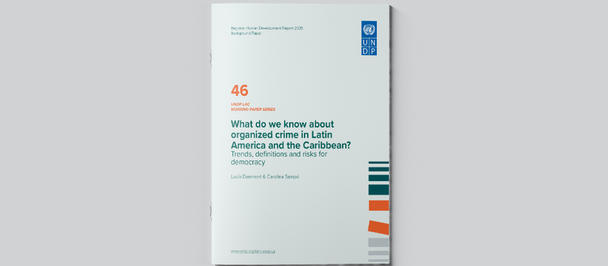The Life of the Parties: The anger vote and the weakening of political parties
November 7, 2022
Political parties, and more broadly, political organization, have been a key feature of democracy. Political parties can articulate collective interests, aggregate preferences, and channel demands into the policy-making process. During elections, parties are used by voters as proxies of how elected candidates will govern and what kind of policies they will pursue. Parties can also control and impose discipline on elected officials that divert from their platforms. This is useful for predictability, as parties often act as counterbalance for extremist positions.
When party systems are weak, there is a risk that voters have less information and votes are therefore cast with limited information on what policies candidates will pursue as elected representatives. Elected officials also have weaker accountability to organized citizen participation. Ultimately, the absence of stable political parties can destabilize democracies if heavily fragmented legislatures make it difficult to reach agreements across actors and to govern.
In a context of increased uncertainty and polarization in Latin America and the Caribbean, this Graph for Thought explores what is happening to political parties in the region. Despite countries facing varying situations and distinct national dynamics, most of Latin America’s recent elections have shared a common trend, with citizens voting more ‘against’ than ‘in favour of’, in a move to punish the ‘establishment’. There is a general sense of dissatisfaction with the level of inclusiveness of public policies and the functioning of institutions. Trust in political parties in the region has declined to lower levels and at a steeper rate than trust in government more broadly. While trust in government fell from 46% in 2010 to 27% in 2020, trust in political parties declined from 24% in 2013 to 13% in 2020 (Latinobarómetro 2021).
But while citizens in Latin America and the Caribbean countries have little trust in institutions (especially political parties), they have remained committed to elections. Voter turnout in recent elections in the region has remained strong, even despite Covid-19 restrictions, and as figure 1 shows the people that report they would not vote has remained steady below 20%. However, the intention of voters to favour the incumbent or challenger party has fallen, while the option of attending elections but canceling their vote has increased significantly.
It seems that citizens are using elections to express their discontent, a phenomenon referred to as the ‘anger vote’ which can be defined as the rejection of political parties, traditional elites and other central institutions. People are voting for newer political platforms, often created around specific personalities and not policy choices.
Figure 2 shows that the age of winning parties in presidential elections in the region has shrunk rapidly, going from parties with an average age of 45 years in 2012-2015 to an average of only 15 years in the most recent round of elections. An interesting feature of this trend is that the political leaders, in many cases, are not newcomers, but members of the old party systems. In other words, the same leaders but with less bound to rules of an institutionalized political party.
Perhaps what we are observing is a renewal in political parties in the region, one that responds to changing preferences and priorities of voters, in a world plagued by uncertainty. More likely, we are observing voters turning against established political parties, opting for newer options, that often position themselves at opposite ends of the political spectrum.
We are witnessing a ‘vote of anger’ against the system. Voters are approaching the polls with fatigue and discontent. In any case, the health of political party systems should concern all of us, as they represent a key feature of dynamic and responsive democracies.


 Locations
Locations


